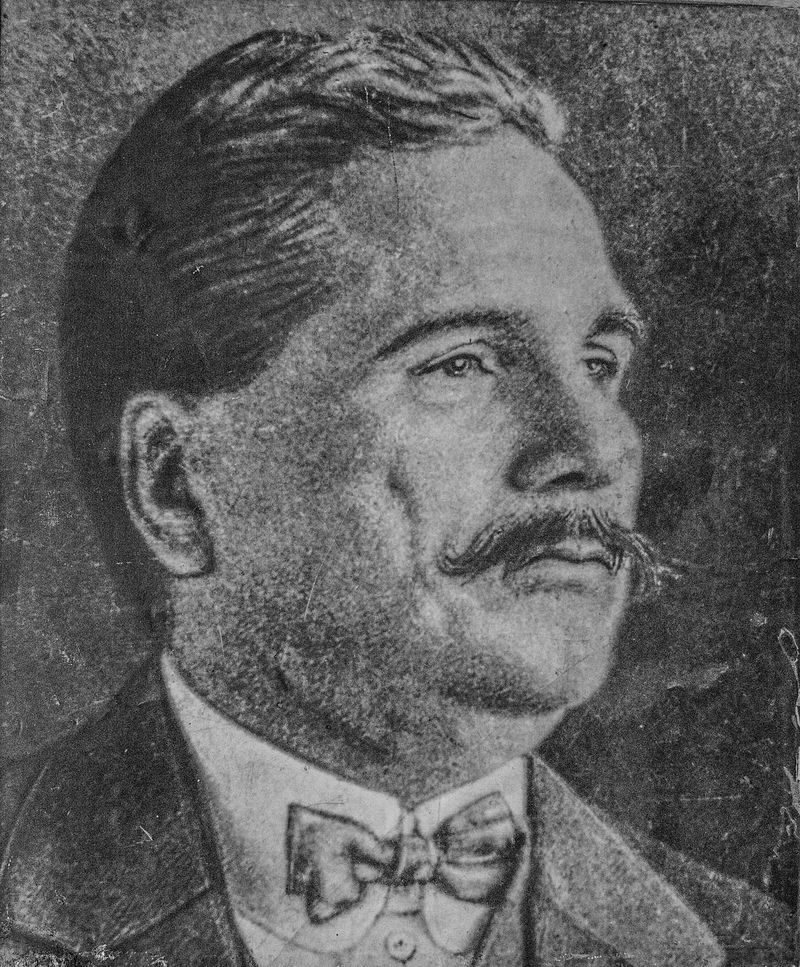
#RajivGandhi began his political career as ‘Mr Clean’ but this image was shattered by the end of his term in office. Allegations of #corruption first surfaced in April 1987, when kickbacks in government deals were linked to Rajiv. 1/9 

Problems started when his Finance Minister V P Singh conducted a series of inquiries and raids into alleged #forex violations of industrialists and other prominent people known to Rajiv. Some were his close friends. Rajiv moved Singh to the Defence Ministry. 2/9 

But in April 1987, the Indian Embassy in Bonn sent a letter to Singh informing him that a Rs 30-crore bribe had been paid to middlemen during the purchase of HDW submarines. Singh ordered an inquiry and resigned from the Cabinet in protest. 3/9 

The same month, a Swedish radio broadcast claimed that kickbacks had been paid in the deal to purchase #Bofors guns for the Indian army. This time, the kickbacks were double the amount. 4/9
Rajiv told Parliament that neither were middlemen nor bribes involved in the Bofors deal but two of India’s leading #newspapers published a series of reports showing that middlemen had indeed benefited from the deal. They had called Rajiv’s bluff. 5/9 

A Joint Parliamentary Committee was set up to investigate the Bofors deal but the Opposition alleged a cover-up as it was packed with Congress members. The JPC gave a clean chit to the government but the Opposition kept up its pressure on Rajiv’s government. 6/9
In 1987, diary entries of Bofors chief, A B Martin Arbdo, became public and they revealed the names of people allegedly linked to the Bofors scam. They alluded to industrialist G P Hinduja, Congress politician Arun Nehru, middleman Ottavio Quattrocchi & Rajiv Gandhi himself. 7/9
A report by the Swedish Audit Bureau confirmed that Bofors had deposited Rs 64 crore in bank accounts linked to the Hinduja brothers, Win Chadha, the Bofors’ agent in India, and a shell company operated by Quattrocchi in a tax haven. 8/9
Eventually, Bofors led to Rajiv Gandhi’s defeat in the 1989 general #election. It’s an epithet that refuses to shake free from the reputation of a politician once regarded as ‘Mr Clean’. 9/9
• • •
Missing some Tweet in this thread? You can try to
force a refresh
















